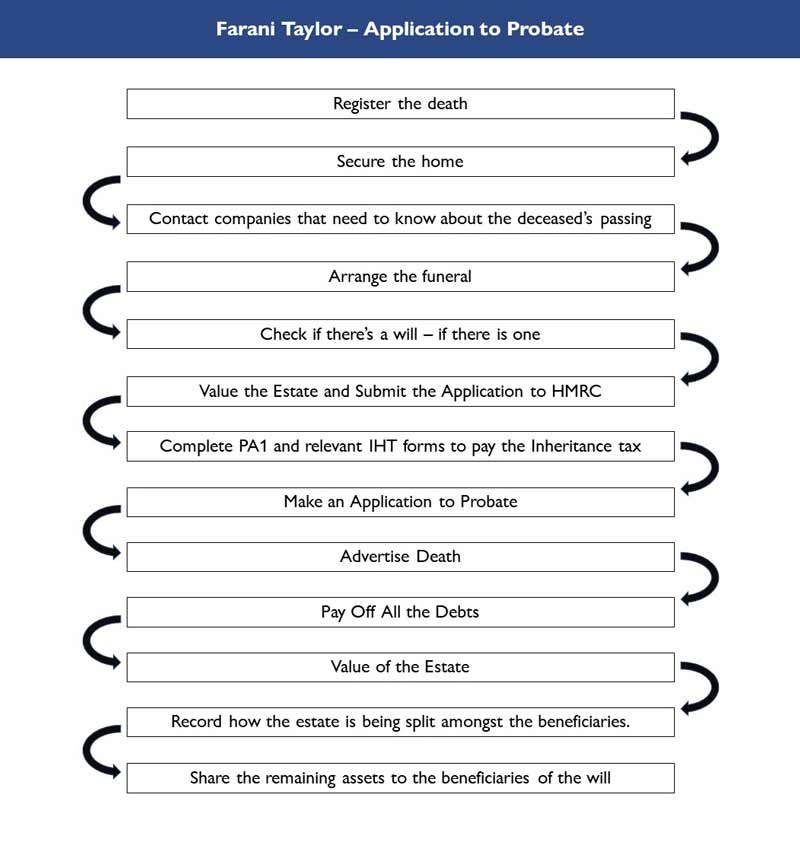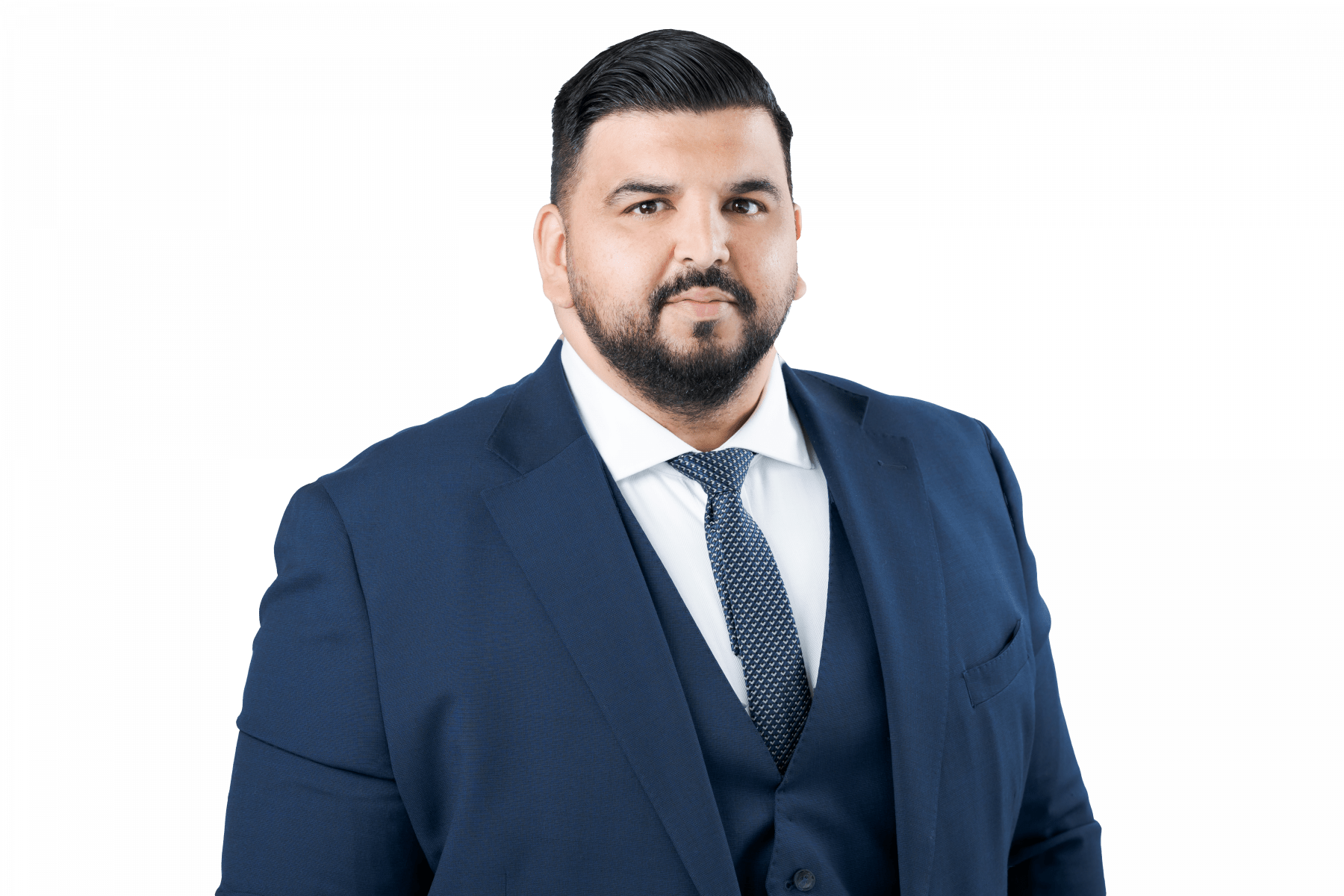Certain people can apply for probate to manage the estate of someone who has died, depending on whether the person who has passed away left a will proposing an executor.
The will states the deceased person’s wishes as well as what should happen to their property and assets or ‘estate’ after they pass away.
If the deceased person did not leave a will an ‘administrator’ will deal with the estate. To become an estate’s administrator you must be over 18 and the most ‘entitled’ beneficiary of the deceased’s estate. Usually this is the closest living relative to the deceased. This process can be difficult and time-consuming in a time when you and your loved ones may already be distraught. Our wills and probate solicitors London can fill out and submit forms on your behalf, providing you with peace of mind that your application is accurate, whilst releasing the pressure from you and your family




